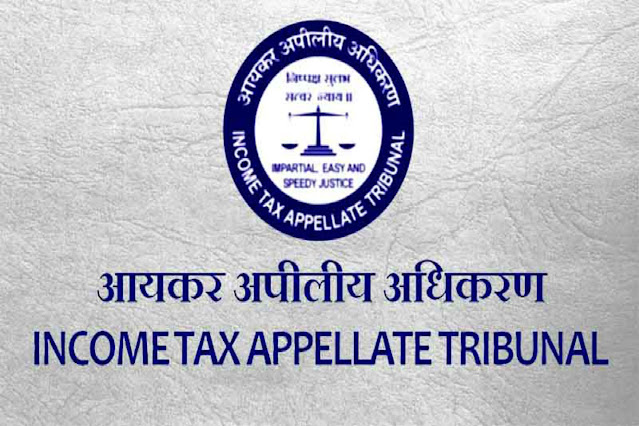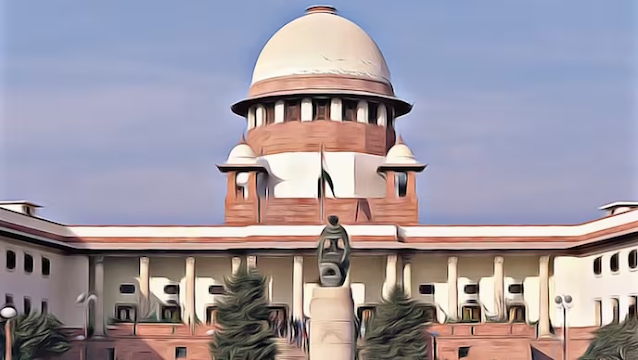M.M. Dutt, J.@mdashThese two Rules were issued at the instance of the Petitioner on an application under Article 227 of the Constitution of India and they are directed against orders dated August 17, 1966, and September 9,1966, of the Sub-Divisional Magistrate, Siliguri, in Bhagchas Execution Case No. 9 of 1966 and the orders dated August 27, 1966, and October 6, 1966, of the Bhagchas Officer, Nakshalbari in Bhagchas Case No. 14 of 1967.
2. It appears that the opposite party obtained an order dated November 30, 1965, u/s 19B of the West Bengal Land Reforms Act for restoration of possession and also for realisation of the sum of Rs. 1,740 being, the price of paddy and jute grown on the disputed land alleged to have been appropriated by the Petitioner. In execution of the said order for restoration of possession the opposite party has taken part-delivery of some of the plots in dispute and attached and put up for sale the lands belonging to the Petitioner for the realisation of the said sum of Rs. 1,740. The said order of the Bhagchas Officer u/s 19B of the said Act was passed ex parte. The Petitioners made an application before the Bhagchas Officer for the review of his order passed u/s 19B for the restoration of possession of the disputed land and also for the recovery of the said sum from the Petitioner. The Petitioner also made an application before the Sub-Divisional Magistrate who was executing the said order of the Bhagchas Officer challenging the maintainability of the execution case.
3. So far as the application for review is concerned, the Bhagchas Officer by his order dated August 27,1966, came to the finding'' that his order u/s 19B of the West Bengal Land Reforms Act dated November 30, 1965, was an erroneous order and was passed through mistake and on misconception of facts. It was found by the Bhagchas Officer in the said order that certain plots in respect of which restoration of possession was directed u/s 19B of the Act, did not belong to the Petitioner but the same were vested lands belonging absolutely to the -Government and that there was no relationship of owner and bargadar between the Petitioner and the opposite party. The Bhagchas Officer, however, by his order dated October 6,1966, rejected the application for review on the ground that he had no power of review. So far as the other application is concerned which was made before the Sub-Divisional Magistrate in the execution proceeding, the Sub-Divisional Magistrate was of the view that he could not re-open the question whether the relationship of owner and bargadar subsisted between the Petitioner and the opposite party on the ground that the plots belonged to the State Government in view of the vesting of the same under the West Bengal Estates Acquisition Act. Hence, the Petitioner has moved the said application under Article 227 of the Constitution and obtained these two Rules.
4. Mr. Mukherjee, learned Advocate for the Petitioner, submitted before me that the Bhagchas Officer had jurisdiction to rectify his own mistake. In support of his contention Mr. Mukherjee strongly relied upon a decision of this Court in
5. In view of the aforesaid discussion both these Rules are discharged, but there will be no order for costs.

